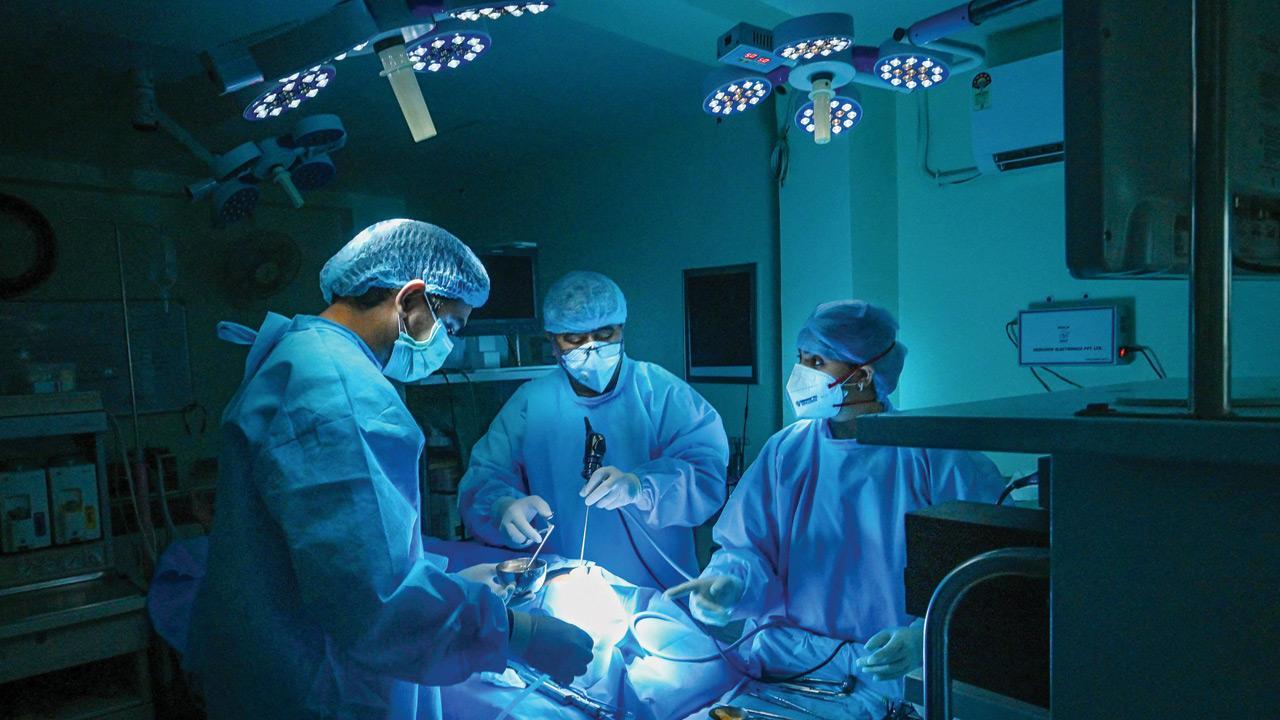The surgical devotion
Updated On: 26 May, 2024 06:56 AM IST | Mumbai | Dr Mazda Turel
A couple unable to imagine their lives away from each other challenge death and destiny

Representation Pic
 He brought his wife to the hospital in a deep coma. They were both in their late sixties. I was called to see them in the ICU. “She was absolutely fine when she went to work in the morning,” Sarosh uncle told me with a dazed look. “But when she got home for lunch, which she does every day, her speech was a little slurred and she was talking gibberish, which is very unlike her. She complained of a terrible headache in her temple and couldn’t complete the conversation we were having and collapsed,” he narrated. “I rushed to find her unconscious. Our family physician and my sisters got her here,” he said, limping from a bad arthritis of the hip that he’d been ignoring for years. He told me that she had been a breast cancer survivor for 18 years. We had noted her blood pressure to be 240/110.
He brought his wife to the hospital in a deep coma. They were both in their late sixties. I was called to see them in the ICU. “She was absolutely fine when she went to work in the morning,” Sarosh uncle told me with a dazed look. “But when she got home for lunch, which she does every day, her speech was a little slurred and she was talking gibberish, which is very unlike her. She complained of a terrible headache in her temple and couldn’t complete the conversation we were having and collapsed,” he narrated. “I rushed to find her unconscious. Our family physician and my sisters got her here,” he said, limping from a bad arthritis of the hip that he’d been ignoring for years. He told me that she had been a breast cancer survivor for 18 years. We had noted her blood pressure to be 240/110.
“Did she smoke?” I asked. “That was her only vice,” he revealed. “About 15-20 cigarettes a day for the last 35 to 40 years. “Otherwise, she was the life of every party: vibrant and full of energy. We’ve been married for over 30 years and there has never been a dull moment,” he volunteered information. “But she never smoked in front of me,” he interjected. “She knew I didn’t like it, so she would smoke in the kitchen, or if we went on a dinner date, she would excuse herself,” he told me with a look in his eyes that spoke of when they were college lovers.



